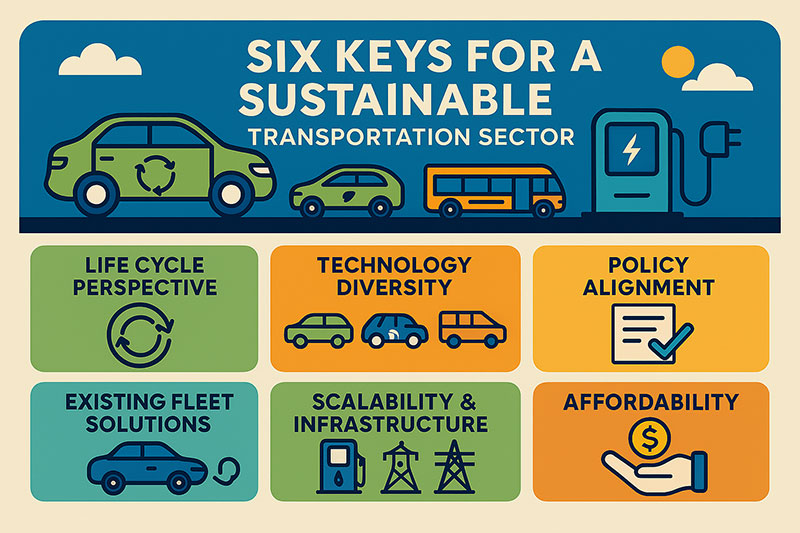
FUELS'23 ANNUAL CONFERENCE
May 22-24, 2023
St. Louis, MO
Register now for THE conference of the year for unbiased research and dialogue with key stakeholders in the energy sector that will reimagine the transportation industry.
Agenda
Monday, May 22
12:00pm — Electric Vehicle Council Meeting (Electric Vehicle Council Members Only)
6:00pm — FUELS’23 Welcome Reception
Tuesday, May 23
9:00am – EOD — Conference Showcase
9:00am – 5:30pm — General Session
5:30pm — 10 Year Celebration
What Is at Stake at FUELS’23?
The market for transportation energy has never been more exciting! Facing the daunting challenge of reducing carbon emissions while preserving access to affordable and reliable energy is forcing stakeholders to experiment with new technologies and fuel formulations that offer so many opportunities, and challenges. As FUELS’23 kicks off, Transportation Energy Institute Executive Director will talk about the prevailing issues facing the market and how the conference agenda seeks to inspire discussion about solutions to those issues.
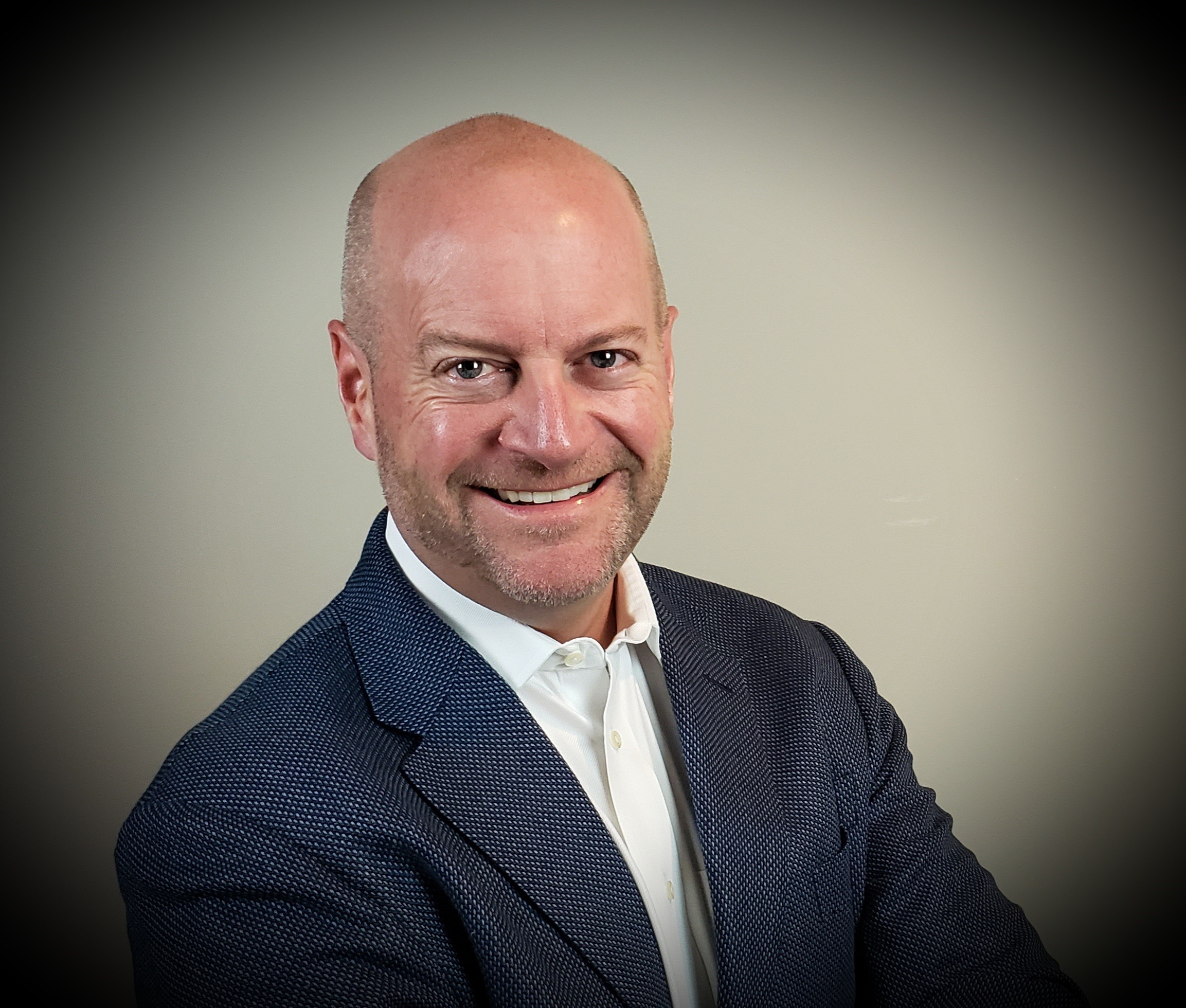 | John Eichberger — Executive Director, Transportation Energy Institute Previously, Eichberger served more than 14 years at NACS representing the convenience and fuel retailing industry before the media and federal government. |
The Economics of Charging – Utilization, Timing and Demand Charges
In the past several years, the market for electric vehicles has expanded from a few models to more than 50 available today! Sales have increased from less than half of one percent to 6% of all light duty vehicles sold and the investment in charging infrastructure has exploded with opportunities. But how does the charging market evolve to deliver robust value to the consumer and generate a meaningful return on investment to the charger operator? There are hurdles that must be overcome to achieve that objective – increased utilization and reduced operating expenses are two of the key metrics that must improve. This session will share insights from the Electric Vehicle Council’s demand charge mitigation study and explore the economics of charging from the perspective of utilities and charger operators.
 | Bryan Jungers — Director of Mobility, Customer Energy Solutions, E Source He has nearly 20 years and professional and academic experience as an engineer, researcher, and analyst. Prior to joining E Source, Bryan worked at Manifest Mind, the Electric Power Research Institute, the California Energy Commission, the University of California at Davis (UC Davis), and Humboldt State University (HSU). Bryan earned a BS in environmental resources engineering from HSU and an MS in civil and environmental engineering from UC Davis. |
 | Jigar Shah — Head of Energy Services, Electrify America Jigar was recently named as a Rising Star in the EV Industry by Business Insider for 2022. Jigar has a Bachelor of Science degree in Electrical and Computer Engineering, with a minor in Business, from Cornell University, and a Master of Engineering degree in Electrical Engineering from Princeton University. |
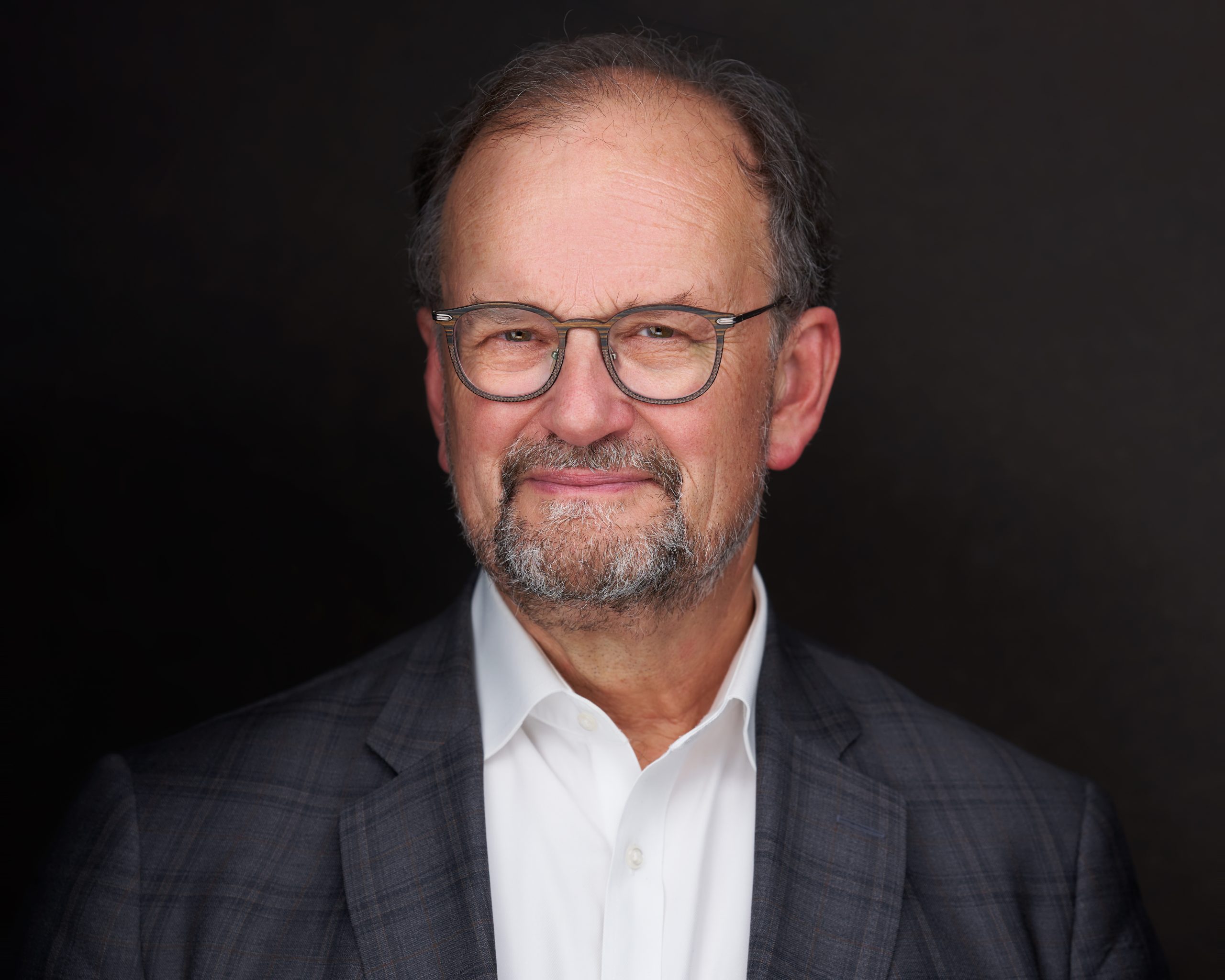 | Philip Jones — Executive Director, Alliance for Transportation Electrification He currently serves as Executive Director of the Alliance for Transportation Electrification (ATE), which is a recently established industry-funded non-profit association that seeks to promote the acceleration of transportation electrification deployments, a robust utility role, and interoperability and open standards. Philip serves as a Director of the Western Grid Group which advocates for clean energy resources and an efficient transmission grid in the Western States. He also serves as a Board Advisor to Energy Impact Partners (EIP), based in New York City, which is a private equity infrastructure fund comprised of major utility investors that seeks to invest in innovative young technology companies focused on the energy sector. He also serves on the non-profit Boards of Directors of Carbon WA and Climate Solutions. Philip served as a Commissioner on the Washington Utilities and Transportation Commission (WUTC) for 12 years from 2005 to 2017. He served in many leadership positions in NARUC (National Association of Regulatory Utility Commissioners) during his tenure, and served as President of NARUC in 2012-13. He continues to serve on the EPRI Advisory Council. He is a native of Spokane, Washington and a graduate with a B.A. from Harvard College. |
 | Karl Doenges (moderator) — EV Charging & Advanced Mobility Industry Liaison, NACS |
EV Infrastructure – The Perspectives of Drivers and Charger Operators
To develop a charging infrastructure that satisfies the needs and desires of drivers, as well as delivers an economic return to those investing in the equipment, we first must understand what each actually wants and needs and then develop a system designed specifically to deliver value. The EV market in the European Union is much more mature than that in the U.S., and there are many lessons to be learned. Yet, the interests and behaviors of the American driver are very different from Europeans, so we must consider those lessons within the context of domestic considerations. This session will dive deep into the results of a Transportation Energy Institute Electric Vehicle Council survey of drivers and charger site operators in both North America and the European Union to help enhance the infrastructure deployment strategy to deliver meaningful value to both stakeholder groups.
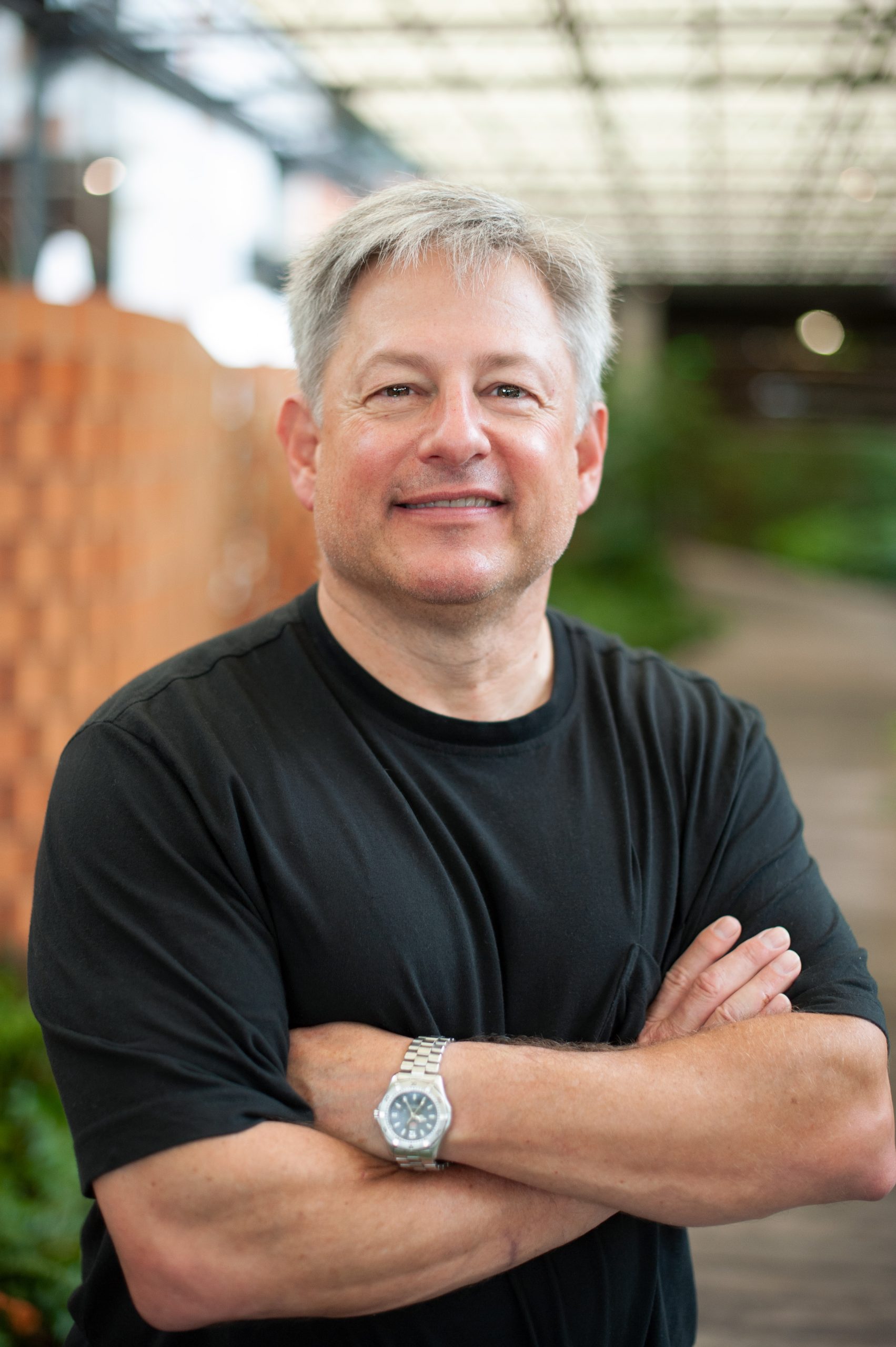 | Bruce Blakeman — Senior Vice President, Heart and Mind Strategies He has served as a Deputy Assistant Secretary in the U.S. Department of Commerce, heading the department’s export support services. Bruce also served in the U.S. Embassy in Beijing, China assisting American businesses in the country and negotiating with Chinese government officials on trade and market access issues. Additionally, he was a Vice President of Corporate Affairs, Asia-Pacific for Cargill and spearheaded the efforts for two CSR programs that were awarded the U.S. Secretary of State’s ACE award that recognizes the best programs by an American company anywhere in the world. Prior to joining Heart+Mind Strategies, he was the Chief Operating Officer of the Wilson Center, a Washington D.C. think-tank and research center focusing on foreign policy. |
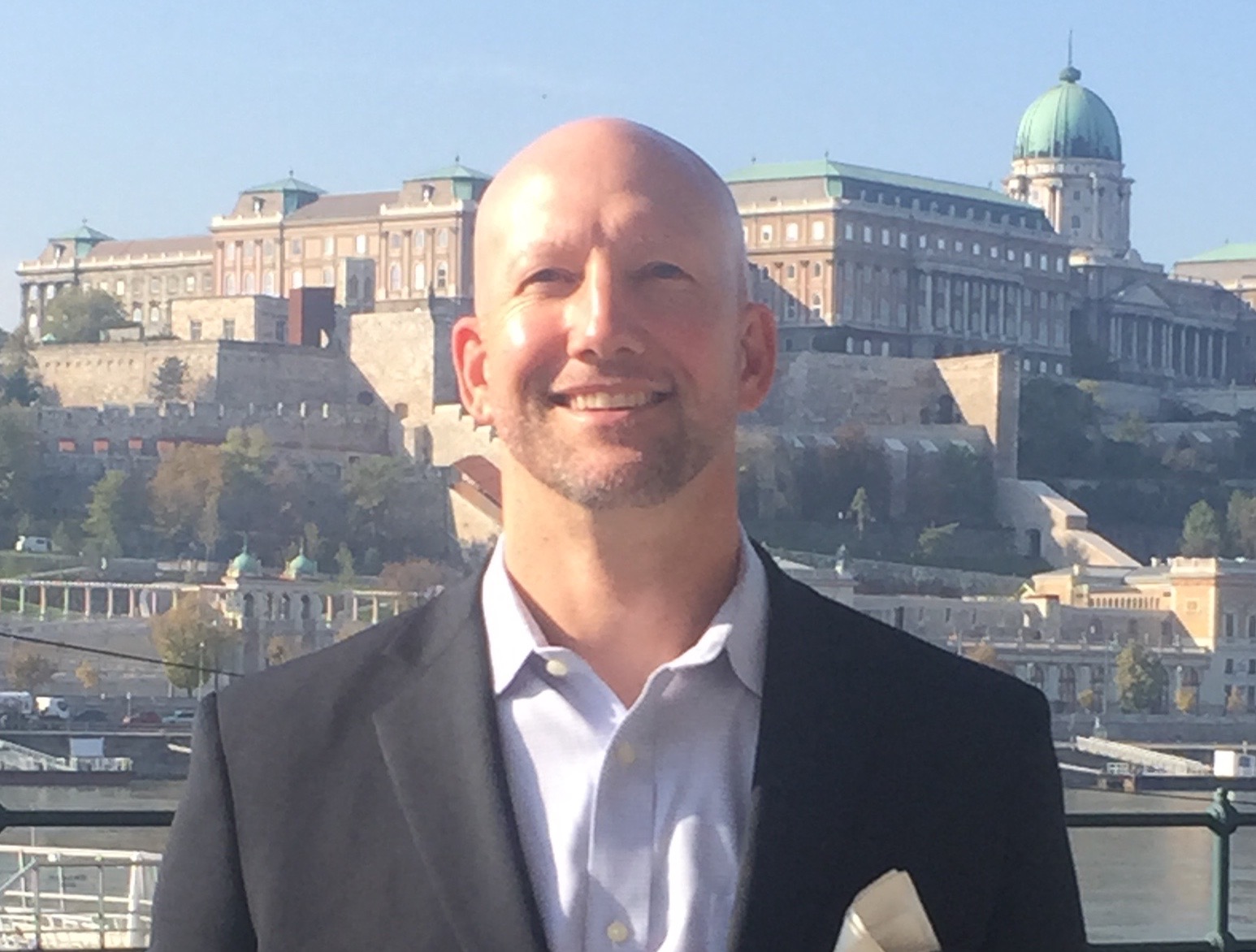 | Karl Doenges — EV Charging & Advanced Mobility Industry Liaison, NACS Previously, he was Chief Marketing Officer and Senior Vice President of Government Affairs and Business Development for Sweetwater Energy, President at Clean Fuel Distribution, Director of Global Marketing at Wagner and Brown, Ltd., consultant for fuel, energy and technology for various companies and Vice President of Marketing and Government Affairs for Gradiant Corporation. Karl also worked in the United States International Trade Administration, establishing the energy exporting team. Previously he was Director of TV Production at the White House. Karl is a member of the State Bar of Texas, served on the U.S. District Export Council for the U.S. Department of Commerce, is an international business graduate of the University of Texas at Austin, earned his Juris Doctorate (J.D.) and Masters of Business Administration from Texas Tech University. |
Why the Focus on Decarbonization and How Do We Account for It?
The efforts to decarbonize transportation are well underway, but why are we focused on it and how do we measure if we are making progress? Governments and financial firms worldwide have made reducing carbon emissions a top priority and this pressure is forcing significant change throughout the sector. To best address the challenge placed upon the market, we must understand the carbon cycle, how emissions affect the environment and how we can reduce emissions and account for that reduction. This session will take a pragmatic, non-technical approach to discuss the motivations behind the decarbonization effort, explore the importance of life cycle emissions analysis and evaluate how we might use such analysis to guide our decarbonization decisions.
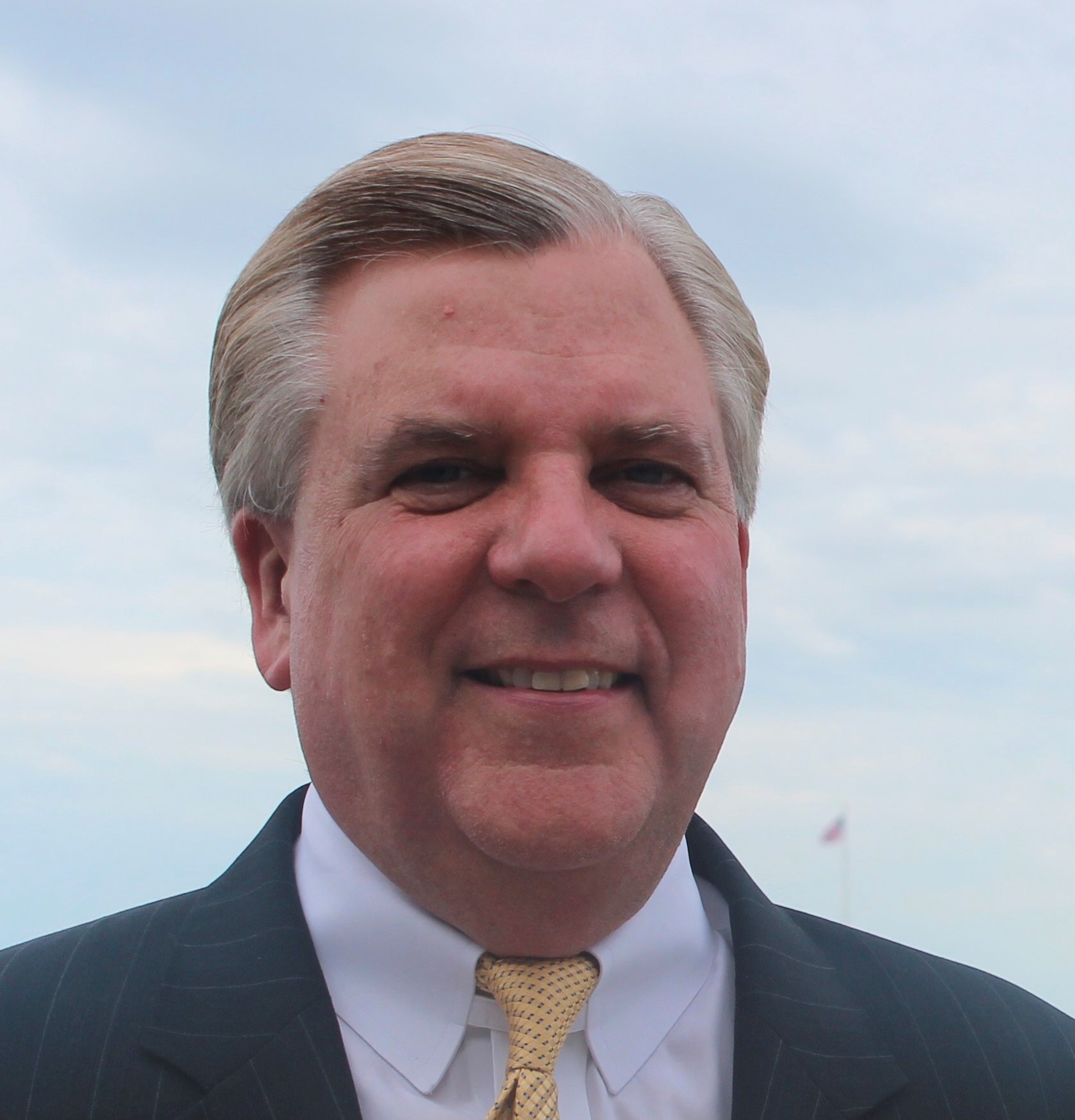 | Michael Roman — President, CertainPoint Strategies, L.L.C. In 2018, he launched CertainPoint Strategies, L.L.C., a consultancy which provides guidance on business trends, forecasts, and government advocacy and engagement strategies. In 2019, Mike was named Senior Fellow for Public Policy at the Washington, D.C.- based American Council for Capital Formation, where he supports, ESG, energy, and international trade portfolios. He earned a BA in Economics from Central Connecticut State University. He holds an MS in Finance from Lesley University in Boston, an MBA from Marymount University, and is a graduate of the Georgetown University International Business Certificate program. |
 | Jeff Hove — Vice President, Transportation Energy Institute Jeff has over 20 years of experience in the fuels and transportation industry. His work primarily focuses on areas of industry and government regulation as it relates to reducing carbon emissions while improving business metrics and profitability. Jeff has designed and implemented numerous software solutions which allow industry to meet compliance demands and help in achieving legislative and regulatory goals. Jeff recently created the new ESG Integrity application to assist industry with meeting the new demands of Environmental, Social, and Governance planning. Jeff coordinates the Transportation Energy Institute Electric Vehicle Council and currently sits on the DOE -Office of Electricity steering committee (EVGrid Assist) which is focused on the deployment of electric vehicle charging stations across the U.S. |
Addressing the Elephant in the Room – Internal Combustion Engines
With nearly 300 million units in the United States and 1.4 billion globally, the internal combustion engine and the liquid fuels that power it remains the dominant mobility option today and will remain so for the foreseeable future. To reduce carbon emissions from combustion engines, we must address the carbon intensity of the fuel. The most immediate opportunity for doing so is to leverage biofuels while we simultaneously seek to develop additional options. The Transportation Energy Institute has commissioned several studies recently exploring the opportunities to gain meaningful improvements in the life cycle emissions profile of these vehicles and their fuels. This session will turn over the rocks and explore what these reports found and what it means for the market.
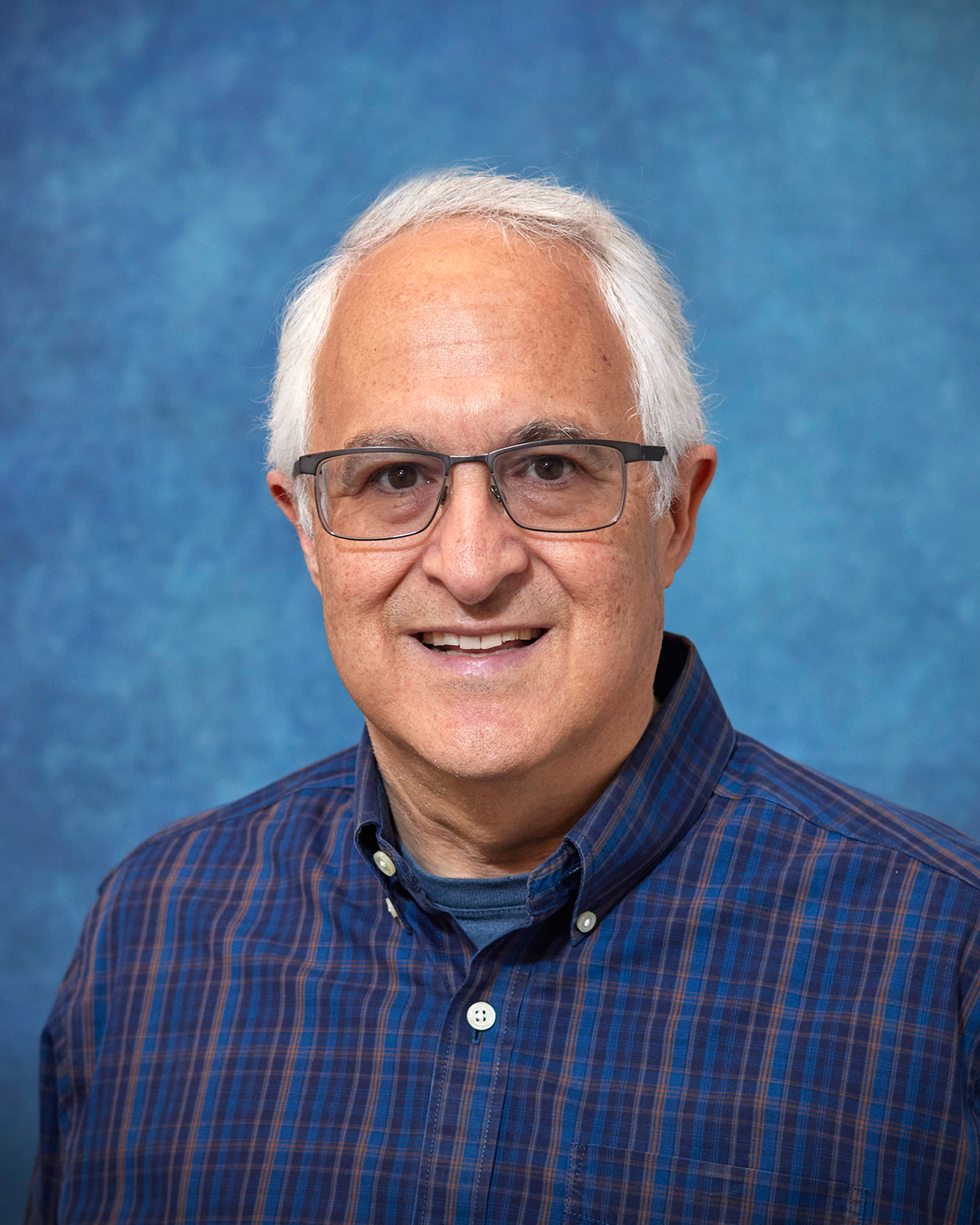 | Adam Schubert — Senior Associate, Stillwater Associates Adam was a founding member of BP’s Biofuels business where he developed the strategy and business cases which resulted in BP’s investment in its first sugarcane ethanol plant in Brazil and in the formation of Butamax, a BP-DuPont joint venture to commercialize biobutanol. Adam then joined Butamax where he initiated the Federal and California regulatory processes to approve the use of biobutanol in gasoline, continued the work on strategy development and economic evaluation of biobutanol market value and Butamax’s investment opportunities. Adam has a BS in Chemistry from Illinois Institute of Technology, a Ph.D. in Chemistry from Michigan State University, and an MBA from the University of California at Irvine. |
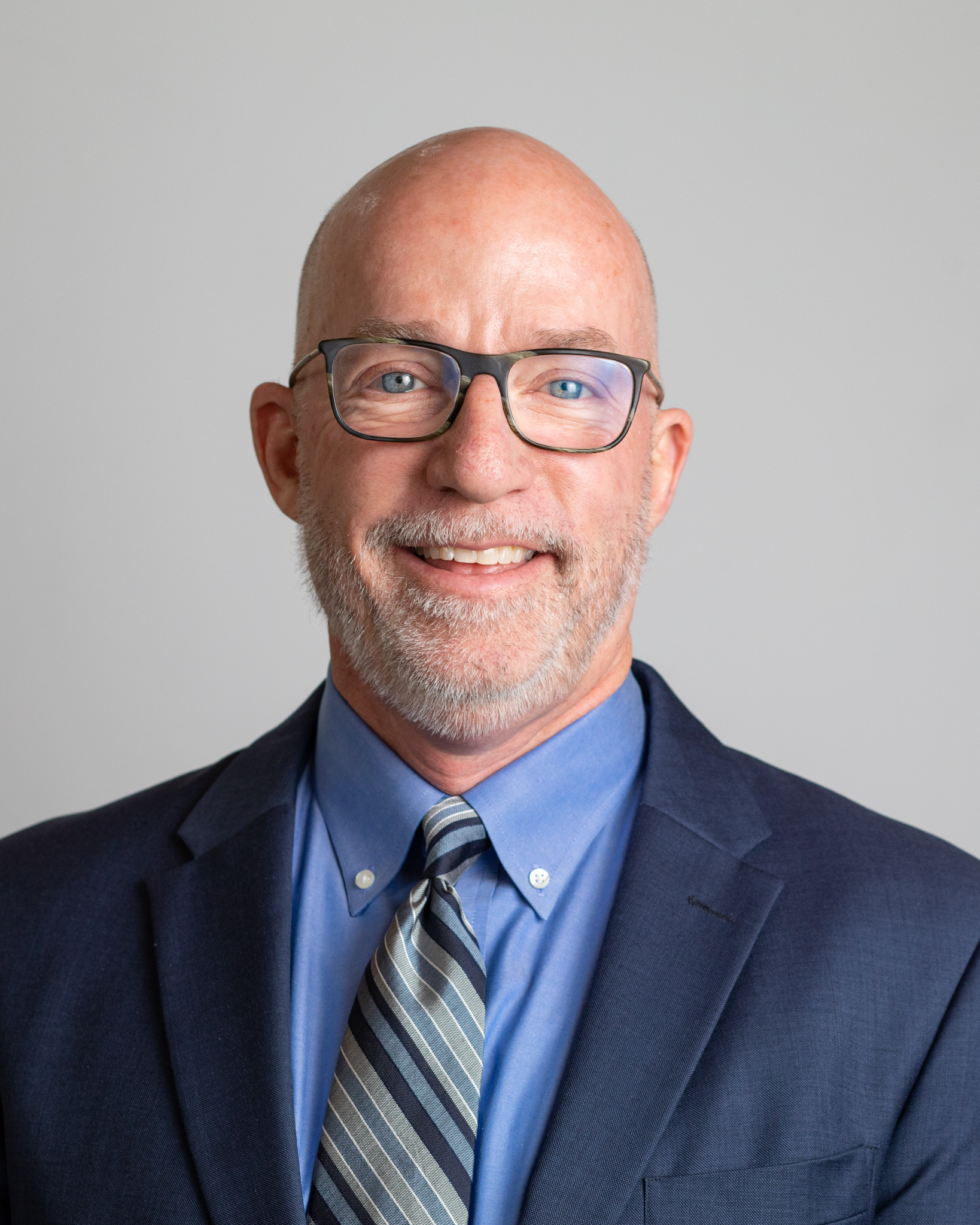 | Bob Anderson — Principal, Fuels Policy, Chevron-American Products He is the chair of the American Petroleum Institute (API) Fuels Subcommittee and participates on technical committees at both API and the American Fuel and Petrochemical Manufacturers. He has also served on the EPA’s Mobile Source Technical Review Subcommittee. Bob received his B.S.E. degree in Chemical Engineering, Magna Cum Laude, from the University of Michigan in 1984. |
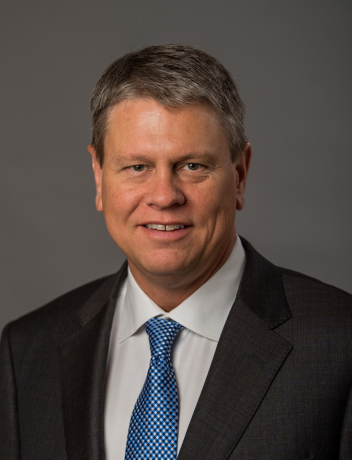 | Doug Berven — Vice President of Corporate Affairs, POET Doug currently sits on the U.S. Farmers and Ranchers Alliance Executive Committee and Board, the Transportation Energy Institute Advisory Board, is a Senior Advisor to Solutions From the Land, is the Executive Director of the South Dakota Ethanol Producers Association, is team leader on the U.S. Grains Council Ethanol Advisory Team and serves on several other industry associated work groups, committees and associations. He has also served on several of POET’s plant Boards of Directors. Doug also manages strategic corporate relations for POET, promotes state, national and international policy objectives for the industry, and is a recognized authority on biofuels, renewable energy and agriculture. Prior to joining POET, Doug held various roles in banking, real estate development and medical consulting. Berven received his Bachelor of Science degree in Business Administration from Augustana College in Sioux Falls, S.D., where he currently resides with his wife and two children. |
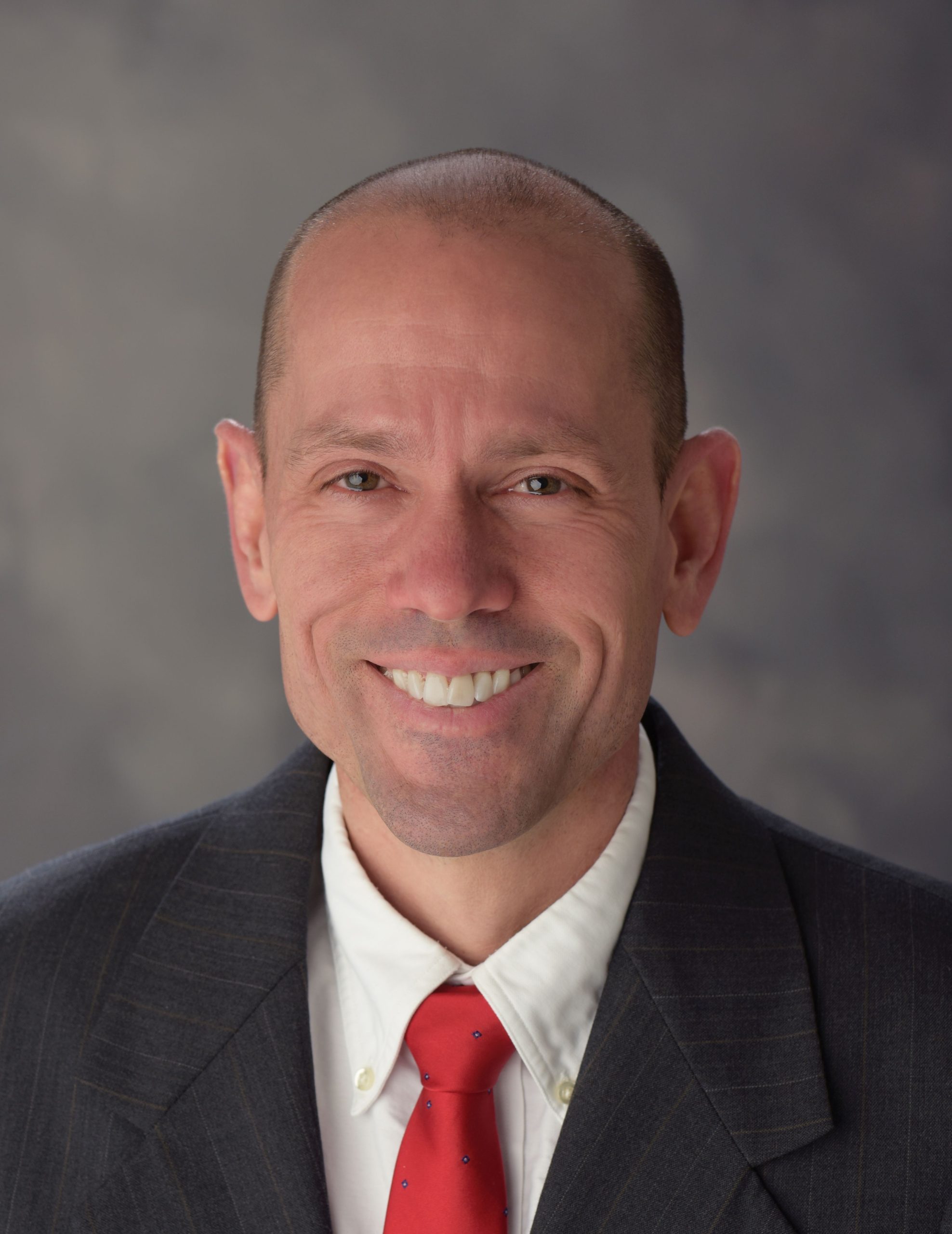 | Tom Leone —Formerly with Ford Motor Company Tom recently retired after 32 years at Ford Motor Company. He filled a wide variety of roles in engine dynamometer development, vehicle modeling, powertrain controls, and engine research. He represented Ford in various engine research consortia and partnerships including MIT, Michigan Tech, Oak Ridge National Lab, USCAR, and University of Melbourne in Australia. He has over 260 patents related to variable valvetrain, turbocharging, hybrid electric vehicles, alternative fuels, and many other technologies. He was honored as a Fellow in the Society of Automotive Engineers in 2015. |
 | John Eichberger (Moderator) — Executive Director, Transportation Energy Institute |
Regulating the Fuels
The U.S. Environmental Protection Agency has jurisdiction over the environmental implications of transportation energy, including the path to decarbonization. How the Agency proceeds with regulating this market will be a critical influence on the transition to the market’s ultimate composition. Of significant importance during this period is the role of liquid fuels, especially considering combustion engine vehicles will remain in operation for decades regardless how quickly electric vehicle sales increase. With 37 years under his belt, EPA’s Fuel Programs Center Director Paul Machiele is and has been integral to nearly every major regulatory development affecting the fuels market. Machiele will discuss EPA’s proposed set rule for the Renewable Fuel Standard, comments the Agency received and the associated issues they are dealing with as they prepare the final rule. In addition, he will discuss other issues the Agency is hearing about, what else might be in store for fuels regulations in the future and the extensive process required to enact new regulations.
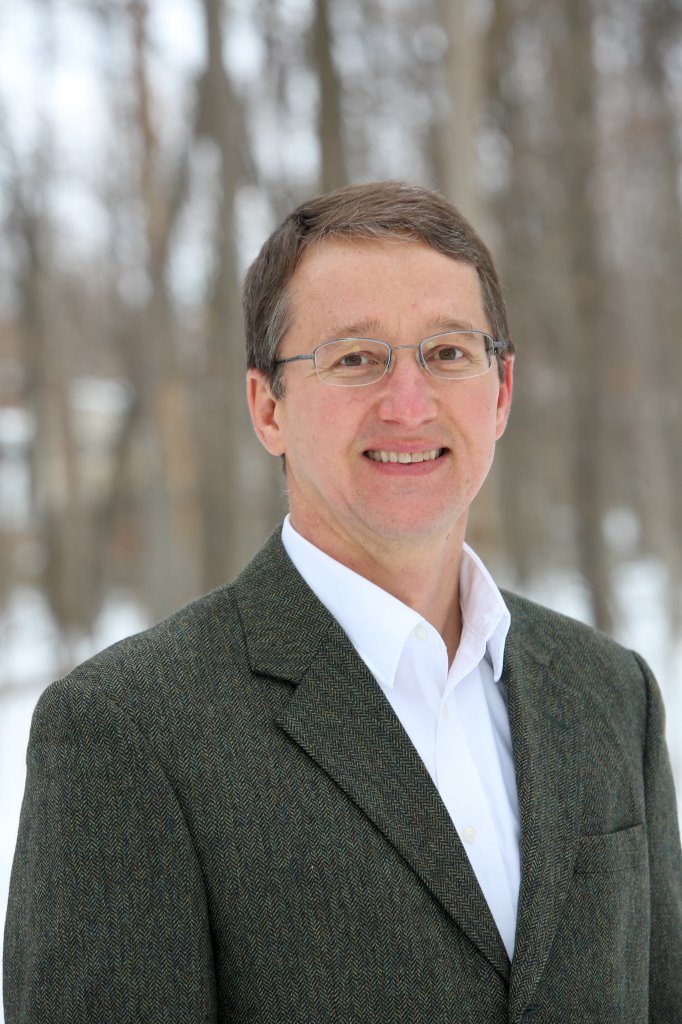 | Paul Machiele — Center Director for Fuels Programs, Assessment and Standards Division, U.S. Environmental Protection Agency In 2009 Paul was the recipient of SAE’s Barry D. McNutt Award for Excellence in Automotive Policy Analysis and in 2011 became an SAE Fellow. He received a bachelor degree in Engineering from Calvin University and both a bachelor and master degree in Mechanical Engineering from the University of Michigan. |
Lessons Learned from the Past 10 Years
In its first year, the Transportation Energy Institute published its first report looking forward 10 years to project what the transportation market might look like in 2023. That report, “Tomorrow’s Vehicles,” predicted battery electric vehicles would represent less than 2% of light duty vehicles sales, natural gas would power around 4% of medium and heavy-duty vehicles on the road and diesel-powered light duty vehicles would account for about 7% of total vehicles sold. Now that we have the benefit of living in 2023, we can reflect on what has changed in the past 10 years and discuss what lessons we have learned that can help us better anticipate what the next 10 years might have in store for the transportation sector. The panel includes the authors of that report as well as some of the Institute’s founding Board members who peer reviewed this inaugural publication.
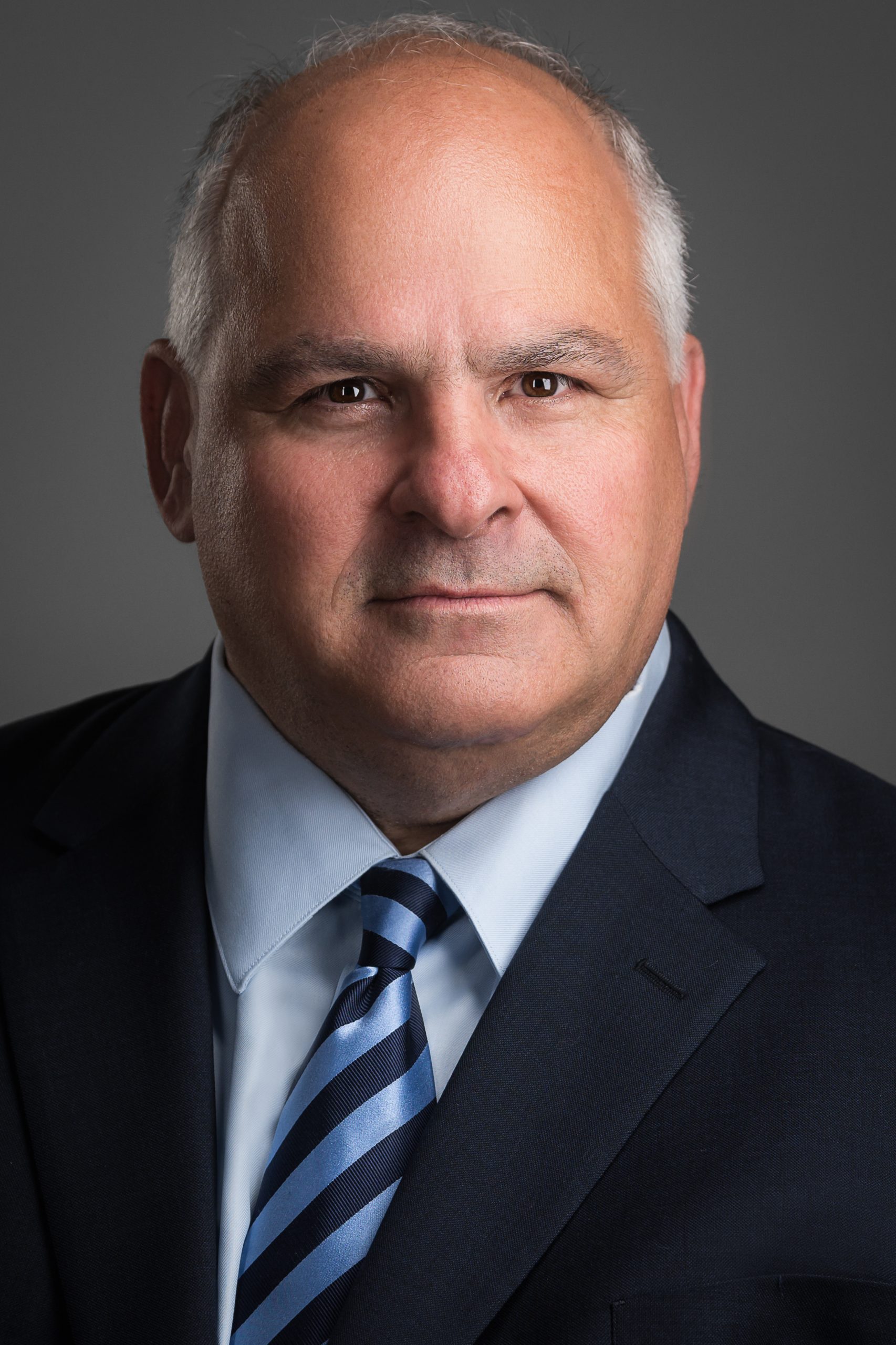 | Ron Sabia — Board Chairman, Transportation Energy Institute During his time as President of Gulf Oil, Ron presided over the greatest period of growth and profitability in the company’s history. Ron successfully oversaw the acquisition of the Gulf Trademark, revitalization of the Gulf iconic logo and transformed this Northeastern focused brand with an unprecedented expansion from 11 to 36 states across the country and Puerto Rico becoming known as ‘one of the fastest growing branded marketers’ in the petroleum industry. Concurrently, he served as Executive Vice President of Cumberland Farms. Prior to joining Gulf, Ron was Senior Vice President of Marketing for TransMontaigne Product Services leading business development around its terminal assets. Ron joined TransMontaigne as part of its acquisition of the Louis Dreyfus Energy’s Southeast assets, a company in which he had held marketing positions focused on commercial, industrial, and wholesale sectors. Prior to joining Louis Dreyfus, Ron traded northeastern U.S. refined products for BP Oil. Ron holds an MBA in Finance and Marketing from the University of Chicago and a BS in Chemical Engineering from the University of Pennsylvania. |
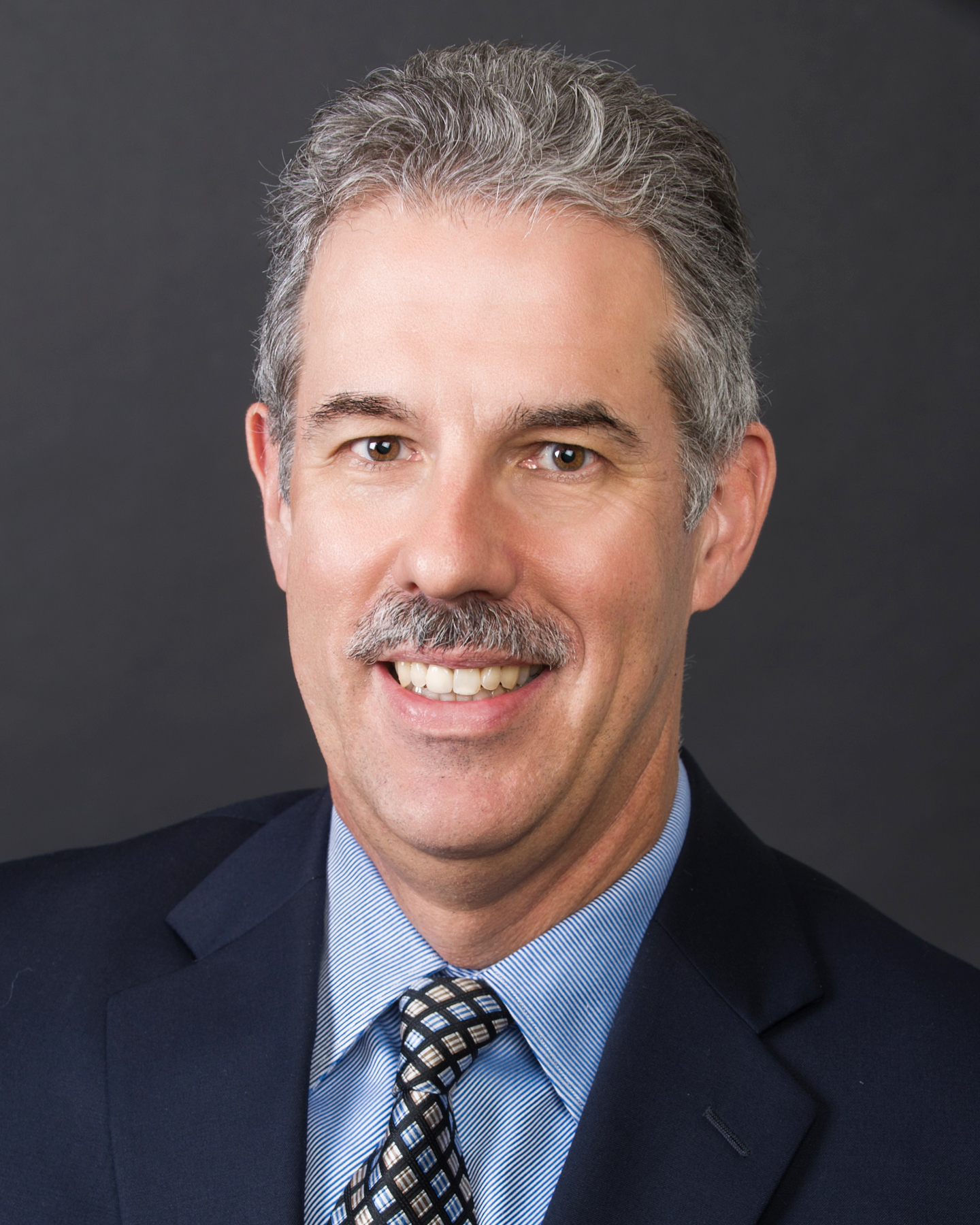 | Bob Wimmer — Director of Energy & Environmental Research, Sustainability & Regulatory Affairs, Toyota Motor North America Prior to joining Toyota, Bob was Technical Director of Fuel Cell Bus Programs at Georgetown University for twelve years. A native of California, Bob has an MS degree in Systems Management from the University of Southern California and a Mechanical Engineering degree from California State Polytechnic University in San Luis Obispo, CA. |
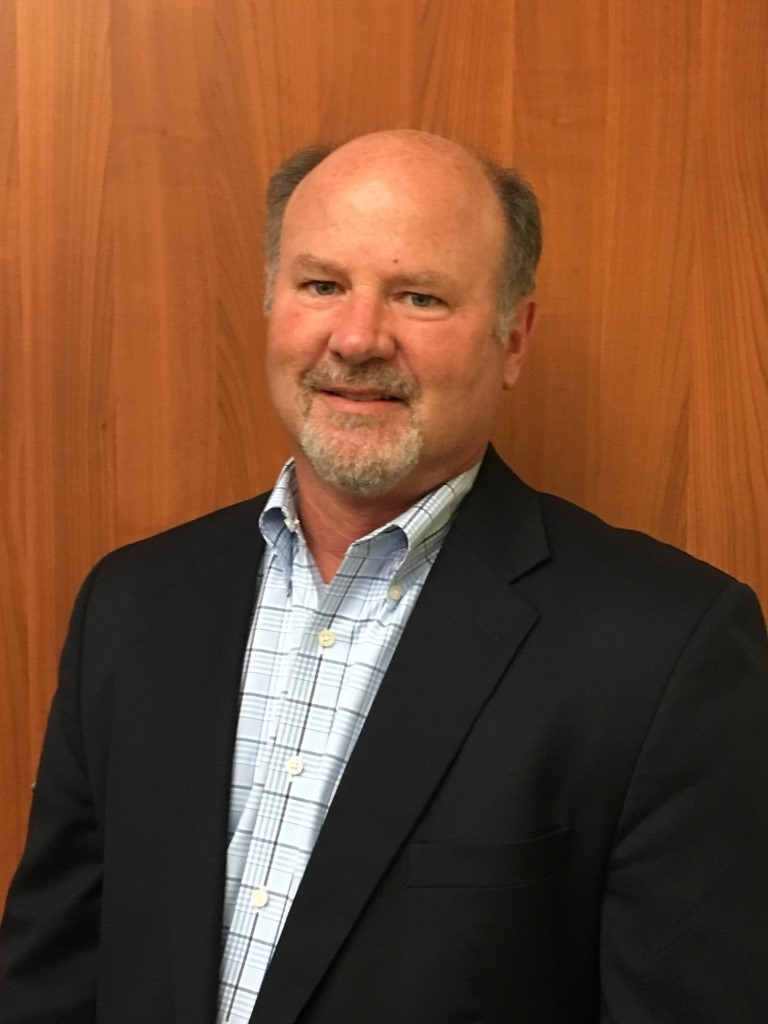 | Mark DeVries — Principal, MDV Consulting Mark also served in multiple roles at Koch Industries over a ten year span, in addition to The NutraSweet Company, FMC Corporation, and Badger Engineers. Mark has a Bachelor’s degree in Chemical Engineering from Tufts University and his Masters of Management from Northwestern University. |
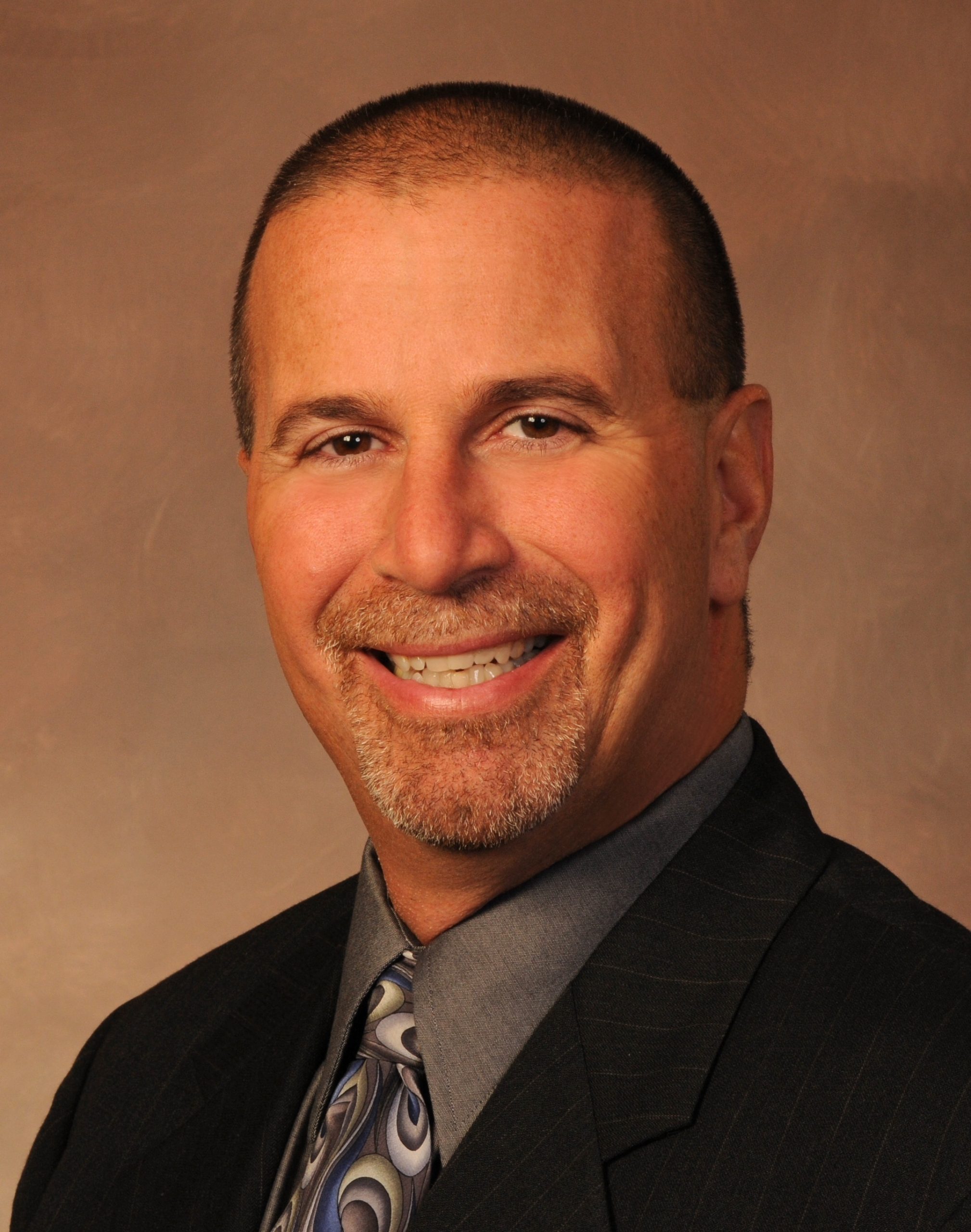 | Norman Turiano —Principal Consultant, Turiano Strategic Consulting LLC Norman is a futurist with broad expertise in strategic planning, brand development, the customer experience and marketing. His expertise was developed over 32 years working with Wawa Inc. His latter half of his career was spent developing pricing strategies and business development, especially future fuel strategies, thinking outside the linear norm. After an exceptional ESOP led to early retirement in 2012, he began sharing his expertise with a strong focus on disruption and business transformation. He has expertise in the deregulated Mexican fuel market. In 2013 he accepted a Director position with the Transportation Energy Institute. He lives in Florida and enjoys raising his 2 young children. He holds a BA in Business Management and Psychology from Stockton University of New Jersey, and a MS in Marketing from St. Joseph’s University of Philadelphia. |
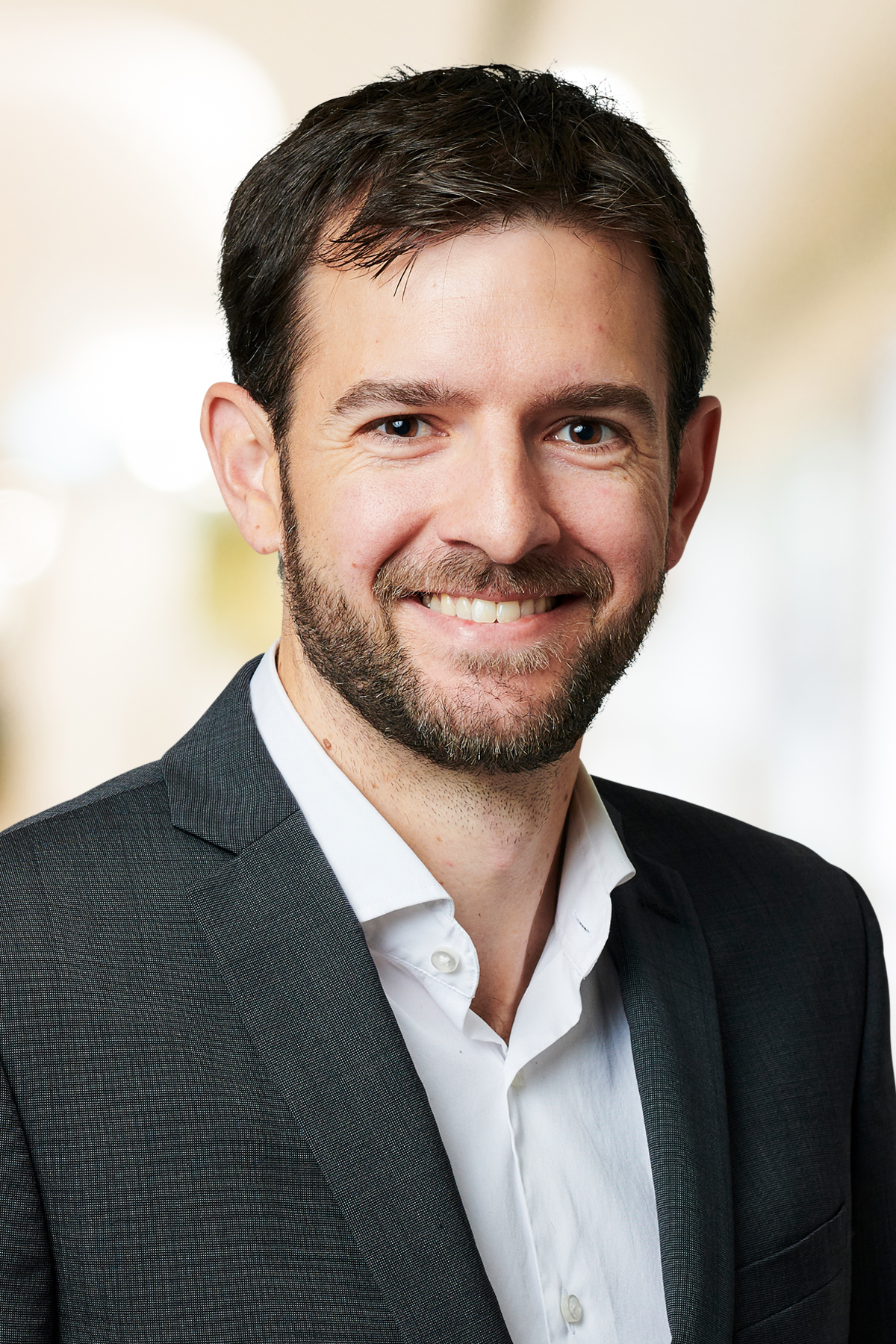 | Scott Shepard —Research Director, Guidehouse Insights Scott Shepard is the Research Director of Guidehouse Insights Transportation & Mobility practice. He leads a team of analysts to provide research, forecasting, analysis, and consultation to major stakeholders in markets affected by connectivity, automation, and decarbonization within the transportation market. Scott has over 10 years of experience executing research and providing consulting services in road decarbonization technologies and strategies to industry stakeholders across the supply chain including – energy providers, vehicle manufacturers, infrastructure developers, fleets, and government agencies. |
 | John Eichberger (Moderator) — Executive Director, Transportation Energy Institute |
Wednesday, May 24
9:00am – EOD — Conference Showcase
9:00am – 4:00pm — General Session
6:00pm — Board of Advisors Reception & Dinner
Feeding the Big Dogs – Powering Commercial Vehicles
Medium and heavy-duty vehicles account for 24% of all transportation greenhouse gas emissions, yet the diversity and complexity of this market makes it extremely challenging to deliver viable decarbonization solutions at scale. There are a variety of options available in the market that can provide meaningful emissions reductions, but what these will cost the vehicle owner and operator is critical to their potential viability. This session will discuss vehicle and energy options available today or expected to be available soon, what infrastructure needs to be developed, what incentives and policies are in place to support such development and what can be done from a logistics perspective to reduce the carbon intensity of product distribution.
Lisa Swedler — Senior Business Development Manager, Trillium
Dawn Fenton — Vice President, Government Relations & Public Affairs, Volvo Group North America
Lee Whipp — Director of Purchasing, Fuel and parts, Schneider
Dave Shreve — Cummins
Jeff Hove (moderator) — Vice President, Transportation Energy Institute
Creating a Hydrogen Economy
Considered one of the greatest energy carriers in the universe, the excitement is high surrounding a future ability to harness the qualities of hydrogen for everything from stationary power to transportation. Yet, it is not as far off as one might imagine. Hydrogen fuel cell vehicles are commercially available today and expected to expand their market share very soon, while engineers are working on using hydrogen to power combustion engines. There are hurdles that remain, mostly related to infrastructure, but opportunities abound as well. This session will discuss these opportunities and challenges and explore the possibilities of hydrogen for transportation.
 | Danny Seals — General Manager, Hydrogen, Gilbarco Veeder-Root Danny received his BS in Mechanical Engineering from North Carolina State University and an MBA from the University of North Carolina. |
 | David Park — Industry Affairs Director, Hydrogen Fuel Cell Partnership Specific topics of relevance include hydrogen fueling station infrastructure market planning, hydrogen fueling customer experience and alignment of industry needs with governmental needs. David’s core background is development of environmental public policy related to transportation. It is his passion to motivate society to prefer sustainable transportation choices through adjustments in long-term behavior. He holds degrees in environmental engineering and public health. |
 | Tom Mourmouras — Hydrogen Mobility Commercial Manager, Shell Before Shell, Tom worked in private wealth management and in startups, including Lyft and TrueCar. He is a mentor at Thrive Scholars and holds degrees in Economics and Management from Claremont McKenna College and UCLA Anderson. |
 | John Eichberger (Moderator) — Executive Director, Transportation Energy Institute |
The Energy Transition at Retail
Never before has the retailing industry been faced with an energy transition that will likely occur over the coming decades. Evaluating new low carbon fuels and staying ahead of the curve to meet consumer demands and policies demands our full attention. Successful deployment of long-term carbon reduction solutions requires testing new technologies while maintaining our existing transportation infrastructure. Migrating from liquid fuels to electrons requires massive investment and infrastructure and there are plenty of risks and rabbit holes which need to be avoided. During this era of decarbonization, defining consumer use cases and meeting those customer demands is the ultimate goal of retail. This session will review the overall transition for a low carbon, on-road, transportation world and lessons learned, thus far.
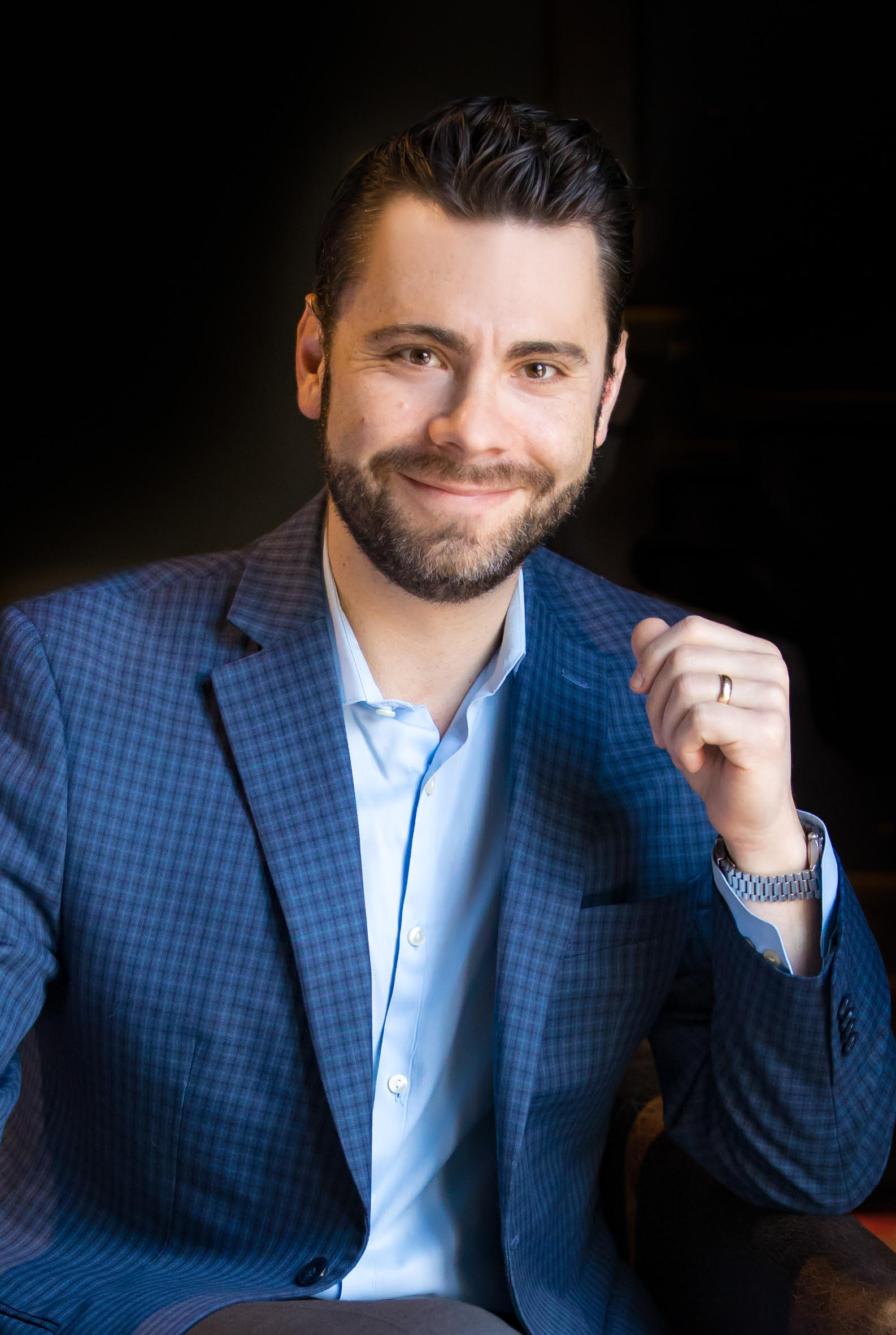 | David Fialkov — Executive Vice President, Government Affairs, NATSO/SIGMA David is the Executive Vice President of Government Affairs for both NATSO, Representing America’s Travel Centers and Truckstops, and SIGMA: America’s Leading Fuel Marketers. As an experienced advocate for the downstream transportation energy sector, David directs legislative, regulatory, and legal strategy on a range of issues, including transportation, energy and fuels. He also oversees NATSO and SIGMA’s political engagement program, including individualized legal and political counsel to member companies. David previously served as the senior associate in the Government Affairs and Public Policy practice at the law firm of Steptoe and Johnson in Washington, D.C. His primary clients included trade associations representing the motor fuel wholesale and retail industries, including the National Association of Convenience Stores and SIGMA. Prior to joining Steptoe, David graduated with honors from George Washington University Law School. He received his B.S. Summa cum laude with highest honors from Clark University in Worcester, MA. |
 | Ken Kleemeier — Vice President of Fuels, Kum & Go Ken Kleemeier is Vice President of Fuels at Kum & Go, a convenience store operator with more than 400 locations that offers a broad range of fueling options for its customers, including multiple biofuel blends and a growing number of electric charging stations. He has responsibility for all aspects of the company’s fuels business, including procurement, distribution, pricing, promotion, and trading. Prior to joining Kum & Go in 2017, Ken spent more than a dozen years working in the energy industry, previously with Emerson Electric, a provider of technology to operators in the upstream, midstream, and refining segments of the petroleum value chain. He holds an MBA from the University of Iowa in addition to a bachelor’s degree in mechanical engineering from Iowa State University. |
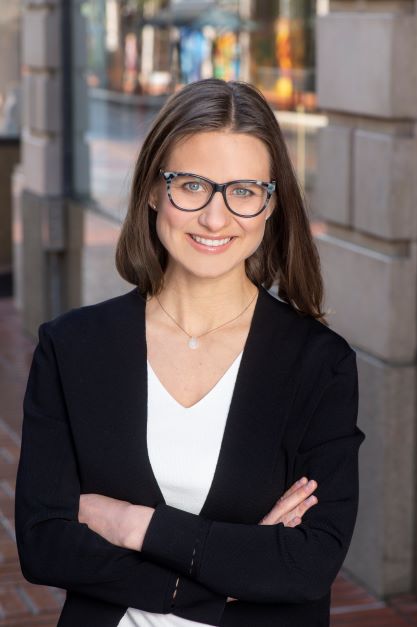 | Tegan Molloy — E-mobility Industry Segment Leader, Public Charging, ABB E-Mobility Tegan has worked to advance electric transportation across the public, non-profit and private sectors. She currently leads business development for the Charge Point Operator (CPO) segment at ABB E-mobility, supporting organizations offering large-scale public EV charging. Previous roles include fleet decarbonization and business operations at the City of Portland’s CityFleet, where she led the city’s first of its kind “Charging as a Service” contract. Prior to CityFleet, Tegan worked as a Senior Program Manager at Forth, leading a team who designed and ran demonstration programs to advance equitable clean transportation. Tegan earned her MBA in Sustainable Systems from Presidio Graduate School. |
Finding Solutions that Work for All
The best solutions to solve transportation challenges are those that are customized for the customers being served. This includes power systems for light duty and heavy-duty vehicles, short commutes and long-haul trips. But this also applies to rural and urban markets, affluent and disadvantaged communities. Ensuring all have access to affordable and reliable transportation energy must be a priority, but how do we simultaneously approach carbon mitigation and equity?
 | Victoria Flowers — Senior Environmental Scientist, Tribal Program Lead, Oneida Engineering Solutions She also provides technical assistance and environmental compliance for Tribal energy and broadband projects and has been actively engaged with the Office of Energy and Transportation in developing a Tribal working group to inform the development of opportunities for Tribes to participate in the deployment of National Electric Vehicle Infrastructure (NEVI) program. She has worked with state Public Service Commissions for Tribal concerns. She has developed a nationally recognized training program for underground storage tank (UST) compliance and have developed an on-line, on-demand course for (USTs). In her 20-year career as the Environmental Compliance Coordinator for the Oneida Nation she has been responsible for development, coordination, and management of the environmental compliance programs. |
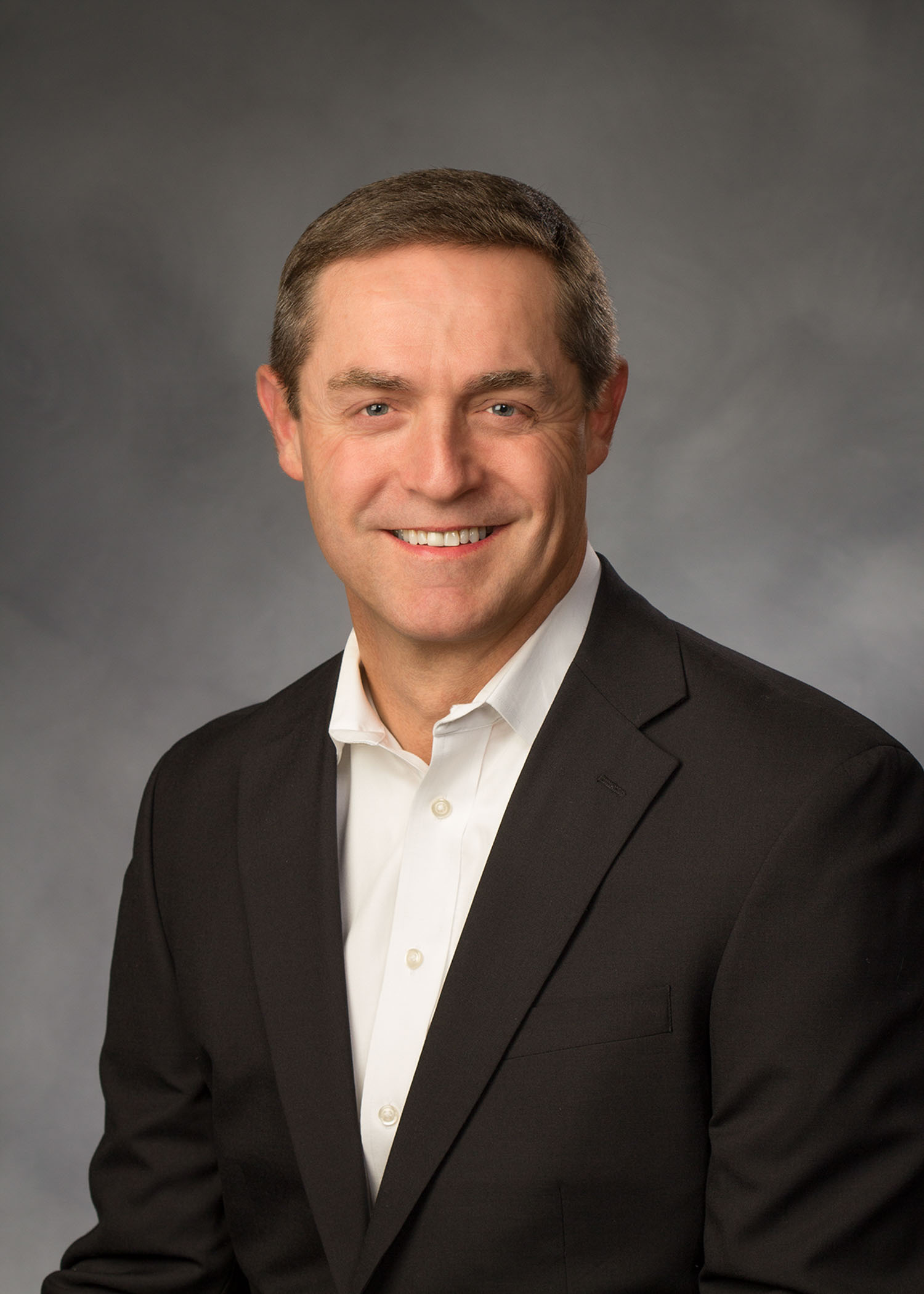 | Kirk McCullick — Executive Director, Marketing & Business Development, GROWMARK Kirk is a graduate of the University of Wisconsin-Platteville with a B.S. degree in Agri-Business. He joined the GROWMARK System in 1984 as an Assistant Branch Manager with Grantland FS. As his career progressed, Kirk held a number of positions at GROWMARK member cooperatives including Sales Specialist and then Branch Manager for Iowa County Co-op; and Marketing Manager then General Sales Manager for Iowa Lafayette FS. In 1992 he became manager of a Marketing Unit consolidated by Iowa-Lafayette FS and Great Rivers FS in Southwestern Wisconsin. Kirk and wife Terri have two grown children and four grandchildren. They reside in Hudson, Illinois. |
 | Yan (Joann) Zhou — Principal Transportation Analyst, Argonne National Laboratory Dr. Zhou is a member of the Transportation Research Board’s Alternative Transportation Fuel and Technologies committee. She received her master’s and Ph.D. in transportation engineering from Clemson University, South Carolina. |
 | Jeff Hove (moderator) — Vice President, Transportation Energy Institute |
The Next Big Breakthrough?
What comes next? The pursuit of cleaner and more affordable energy will not end and the great achievements of today will be challenged by new innovations tomorrow. So what should we be looking at? What might be on the horizon? The research being pursued by scientists and engineers today will lead us into the future.
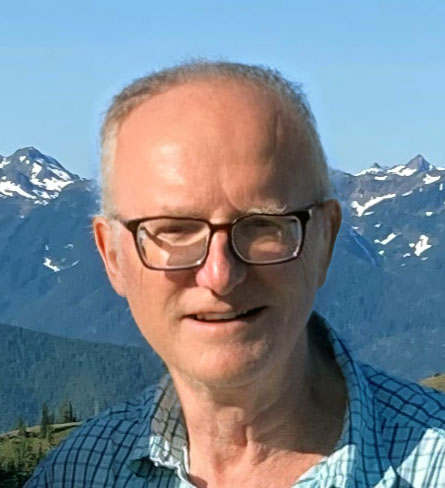 | Dr. Chris Atkinson — Director of Smart Mobility, The Ohio State University He has worked at the intersection of energy efficiency, emissions reduction, mobility, and transportation for over 30 years, and is a Fellow of the Society of Automotive Engineers (SAE) and of the American Society of Mechanical Engineers (ASME). |
Thursday, May 25
8:00 – 11:30am — Board of Advisors Meeting
12:00 – 2:00pm — Board of Directors Meeting
Who Will Be at FUELS'23?
Take a look at who will be in the room during FUELS’23 this year. Interested? Register below to join us.
*Featured Speaker
Bailey Arnold
American Lung Association
Randy Boucher
Franklin Fueling Systems
Scott Shepard*
Guidehouse Insights
Jeff Dzierzanowski
Source North America Corporation
Cliff Caldwell
The Kroger Company
Darren Binning
Seneca Companies
Kenneth Cartwright
Hightower EV Solutions
Kirk McCullick*
Growmark
Luke Bay
Venture Fuels, LLC
Rich Wilcox
Kalibrate
Bruce Blakeman*
Heart+Mind Strategies
Karl Doenges*
NACS
Paola Bravo
S. Bravo Systems, Inc.
Ron Sabia*
Independent
Jake Comer
Growth Energy
Lexi Young
S. Bravo Systems, Inc.
Dr. Chris Atkinson*
The Ohio State University
Erika Curtis
W. Capra Consulting Group
Phil Jones*
Alliance for Transportation Electrification
Tom Leone*
Formerly with Ford Motor Company
Jason Blake
Petroleum Equipment Institute
Graham Conway
Southwest Research Institute
Mary Dery
Innospec Fuel Specialties
Adam Schubert*
Stillwater Associates, LLC
Lou Burke
Phillips 66 Company
Brian Kuebert
Gilbarco Veeder-Root
Jay Walsh
Franklin Fueling Systems
Spencer Cavalier
Matrix Capital Markets Group
Cody Staab
Casey’s General Stores
Heather Schaefer
NAFA
Joseph Ciaravino
TOP TIER Program
Eric McCrum
Sheetz, Inc.
Todd Clubb
Seneca Companies
Ian Hostetler
Electrify America
Mario Osio
Electrify America
Greg Szep
SIR Capital
Michael Roman*
CertainPoint Strategies, LLC
Aaron Hackerott
Offen Petroleum
Matt Leuck
Neste US
Mike McLaughlin
Franklin Fueling Systems
Jonathan Hackett
Global Partners
Ken Kleemeier*
Kum & Go
Steve Hightower
Hightowers Petroleum LLC
Brian Renaud
Sheetz, Inc.
Steve Pollock
STI/SPFA
Mark DeVries*
MCD Enterprises, LLC
Devin Sclater
ABB E-Mobility
Victoria Flowers*
Oneida Engineering Solutions
Micah Nelson
S. Bravo Systems, Inc.
Nathaniel Doddridge
Casey’s General Stores
John Metz
Walmart Stores
Tegan Molloy*
ABB E-Mobility
Will Hersey
Electric Era Technologies
Scott Negley
Wayne Fueling Systems
Prentiss Searles
American Petroleum Institute
Jeff Carpenter
USDA
Kristi Moriarty
National Renewable Energy Laboratory
Bill Schankel
NAFA
Sara Brenden
Growth Energy
Jamie Stewart
Costco Wholesale
Alex Kulinowski
Afton Chemical Corp.
Parrish Evans
OPW
James Heckler
Sunoco
Josh Palmieri
Meijer
Dave Embertson
Erling Sales & Service
Kevin Randolph
Electrify America
Bryan Goforth
Home Service Oil Company
Ryan McNutt
SIGMA
Russ Gibson
Seneca Companies
Jim Ramm
EcoEngineers
Justin Whitfield
JF Petroleum Group
Yan Zhou*
Argonne National Laboratory
Brad Petersen
Kum & Go
Lee Whipp*
Schneider National
Kaleb Hoffer
Offen Petroleum
James Risewick
Seneca Companies
Jon Scharingson*
Chevron Renewable Energy Group
Greg Ricchiuti
Techniche
Heather Killough
DTN
Ryan Haerer
U.S. EPA
Sheryl Coyne-Baston
Techniche
Jessey Bouchard
Aramco Research Center-Detroit
Adam Schleicher
Penske Truck Leasing Co.
Bob Anderson*
Chevron Corporation
Jacob Alvarez
G & M Oil Company
Aaron Young
Electrify America
Brian West
West Energy and Environment Association
Ben Markl
Walmart Stores
Doug Berven*
POET, LLC
Scott Sharabura
Parkland Corporation
Lori Pampell-Clark
North Central Texas Council of Governments
Brian Johnston
Core-Mark
James Szybist
Oak Ridge National Laboratory
Tammy Klein
Transport Energy Strategies
Curt Dunafin
Growmark
Trevor Boomstra
AlixPartners
Jay Warner
PDI Technologies
Jason Noll
Capital One Bank
LeeAnn Goheen
NATSO
Patrick Kelly
American Fuel & Petrochemical Manufacturers
Jennifer Green
CITGO Petroleum Corporation
Scott Hempy
Oilstop
Neil Bhagia
Shell
Jo Lynne Parsons
Center for Quality Assurance
Dan O’Shea
ABB E-Mobility
Don Byrne
HRC Fuels
Eric Wroge
CHS, Inc. (CENEX)
Bryan Jungers
E Source
Lisa Swedler*
Trillium
Chip Hilarides
Flint Hills Resources
Matt Mohs
CHS, Inc. (CENEX)
Robert Wimmer*
Toyota Motor North America
Helena Jette
Indiana Corn Marketing Council
Chris Gilliland
Phillips 66 Company
Nicole Judge
Penske Truck Leasing Co.
Scott Boorse
Petroleum Equipment Institute
Chris Haggard
Seneca Companies
David Fialkov*
NATSO/SIGMA
Doug Smith
Metroplex Energy
Julie Jackson
G & M Oil Company
Liz Menz
SIGMA
James Cater
Global Partners
Stephen Lynch
Matrix Capital Markets Group
Tom Mourmouras*
Shell
Jigar Shah*
Electrify America
Jackson Haskell
Guardian Fueling Technologies
Jennifer Draper
Motiva Enterprises
Dan Ciarcia
EcoEngineers
Tony Raia
U.S. EPA
David Park*
Hydrogen Fuel Cell Partnership
Danny Seals*
Gilbarco Veeder-Root
Carrie Simms
ExxonMobil
Paul Machiele*
U.S. EPA
Laura Morris
Verde Clean Fuels
Kevin Stenson
DTN
Michael Granche
National Corn Growers Association
Norman Turiano*
Turiano Strategic Consulting
Tammie Scadden
Franklin Fueling Systems
Joe Butler
Pilot Travel Centers
Paige Anderson
NACS
Emily Goad
Electrify America
John Hereford
Newmark Valuation & Advisory
Genevieve Comtois
GC Consulting
Dawn Fenton
Volvo Group
Sponsorship Opportunities
Join us in supporting one of the most unique and inclusive conferences in the transportation and fuels industries. Sponsorships help deliver this event but also assist in supporting our balanced and objective research of the critical issues facing the transportation energy sector.
Become a Sponsor or Exhibitor!
There are several sponsorship opportunities available as well as our new exhibitor program.
FUELS'23 is generously sponsored by:





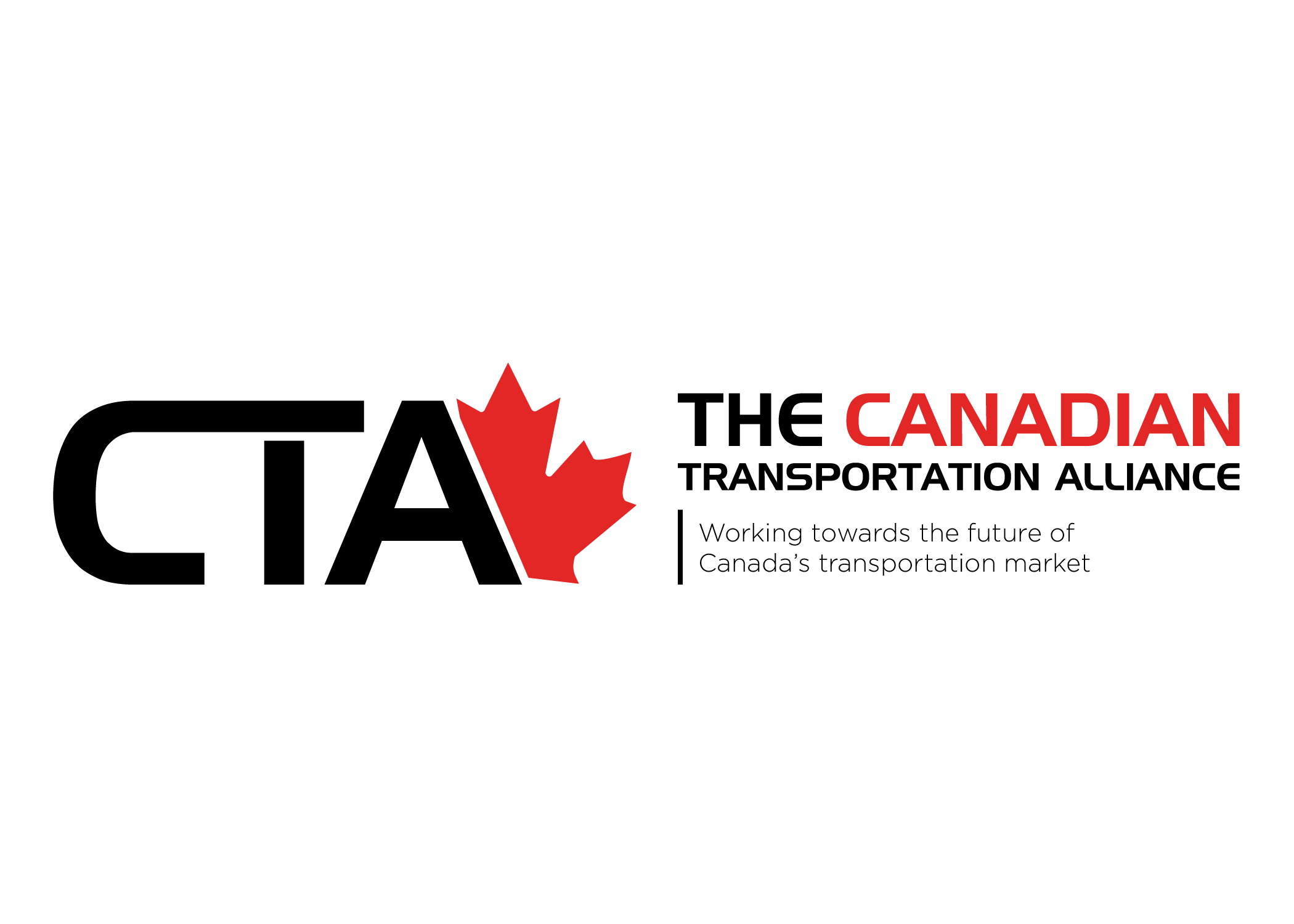



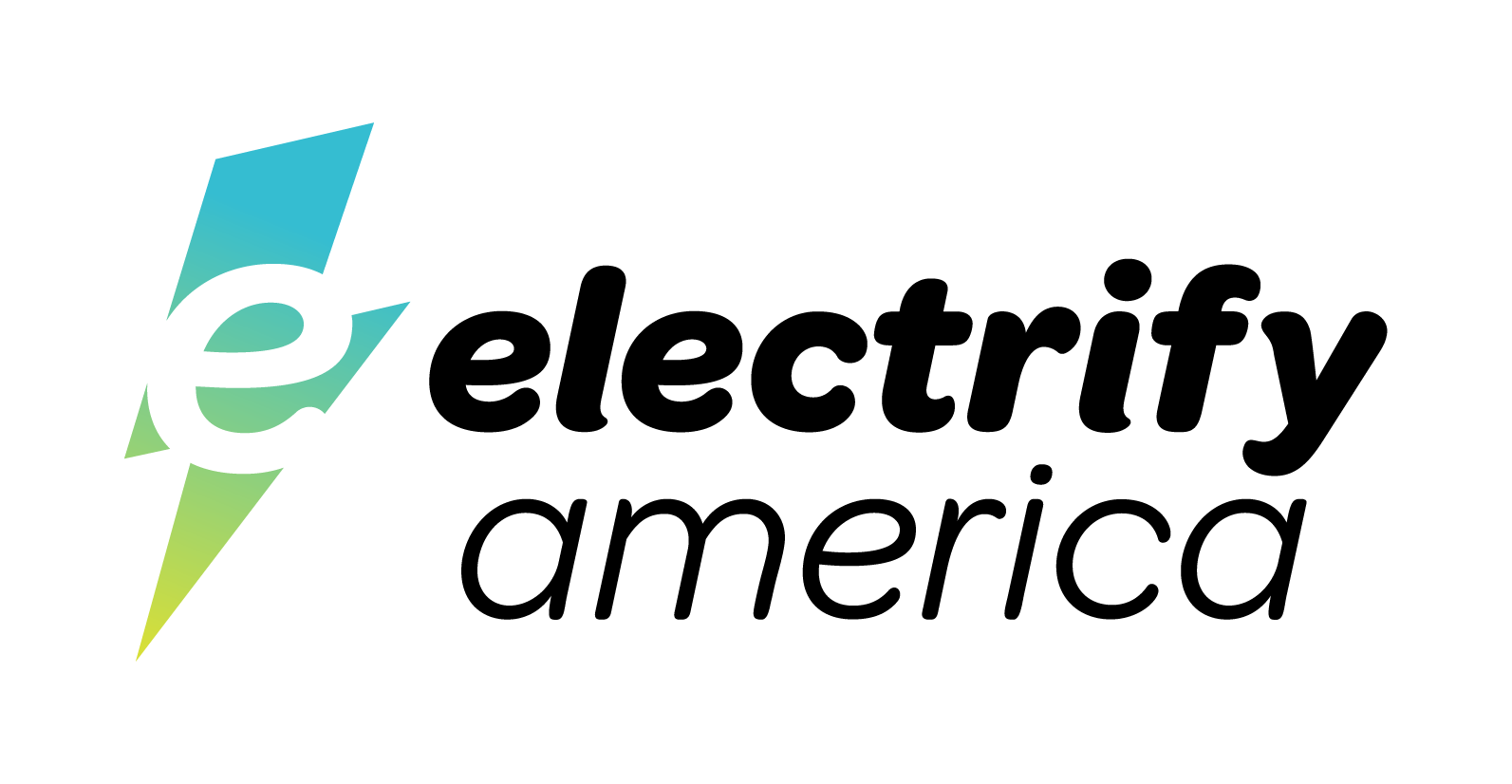
Catch these organizations at our conference showcase:

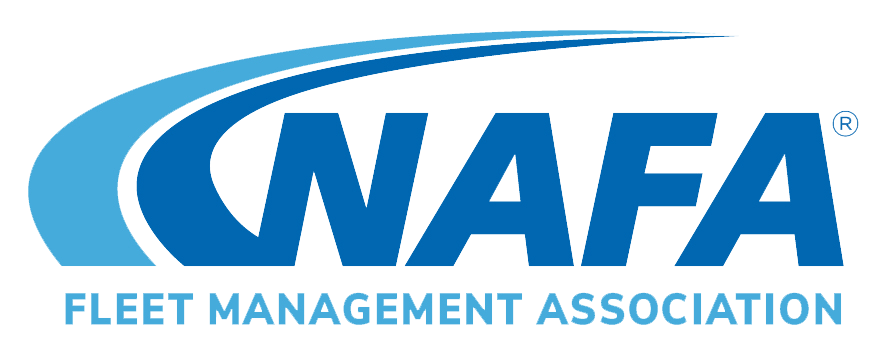



Event Registration
| Type | Early Bird | After April 7, 2023 |
|---|---|---|
| Transportation Energy Institute Contributor | $799 | $999 |
| Transportation Energy Institute Non-Contributor | $1,199 | $1,399 |
| Electric Vehicle Council Member | $799 | $999 |
| Government/National Laboratory | $399 | |
| Media | Contact: Marjorie Kass mkass@fuelsinstitute.org | |
Type | |
Transportation Energy Institute Contributor | $999 |
Transportation Energy Institute Non-Contributor | $1,399 |
Electric Vehicle Council Member | $999 |
Government/National Laboratory | $399 |
Media | Contact: Marjorie Kass mkass@fuelsinstitute.org |
Travel Accommodations

Live! By Loews—St. Louis
799 Clark Avenue, St. Louis, MO 63102
(314) 597-9700
Room Rate: $199 plus tax
While there is an attendee room rate, each attendee is responsible for making their own hotel reservations.
Final event details will be emailed to you approximately one week prior to FUELS’23.
If you have questions regarding your registration, please contact Amanda Patterson at apatterson@fuelsinstitute.org.

